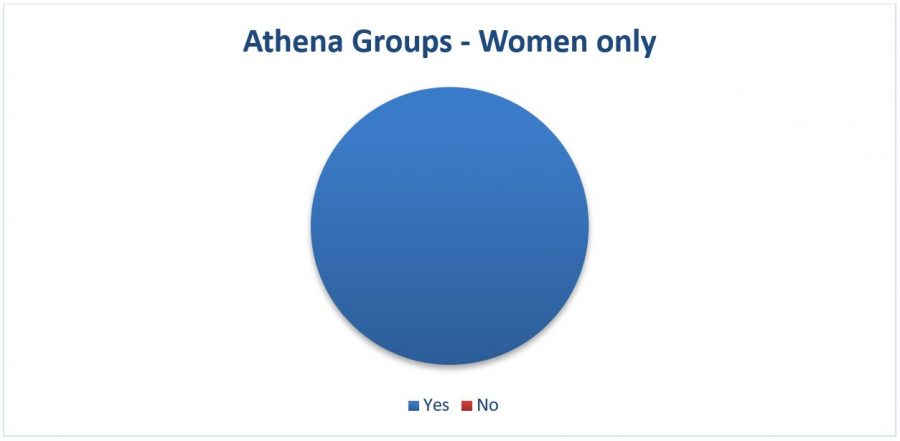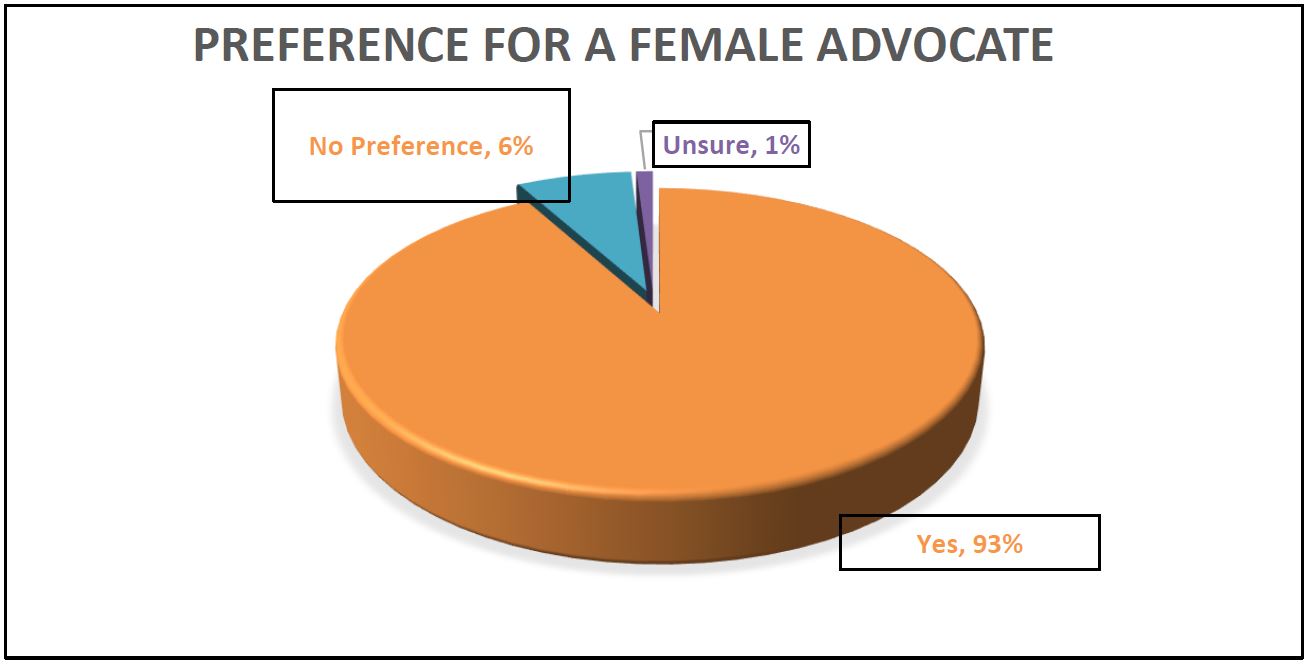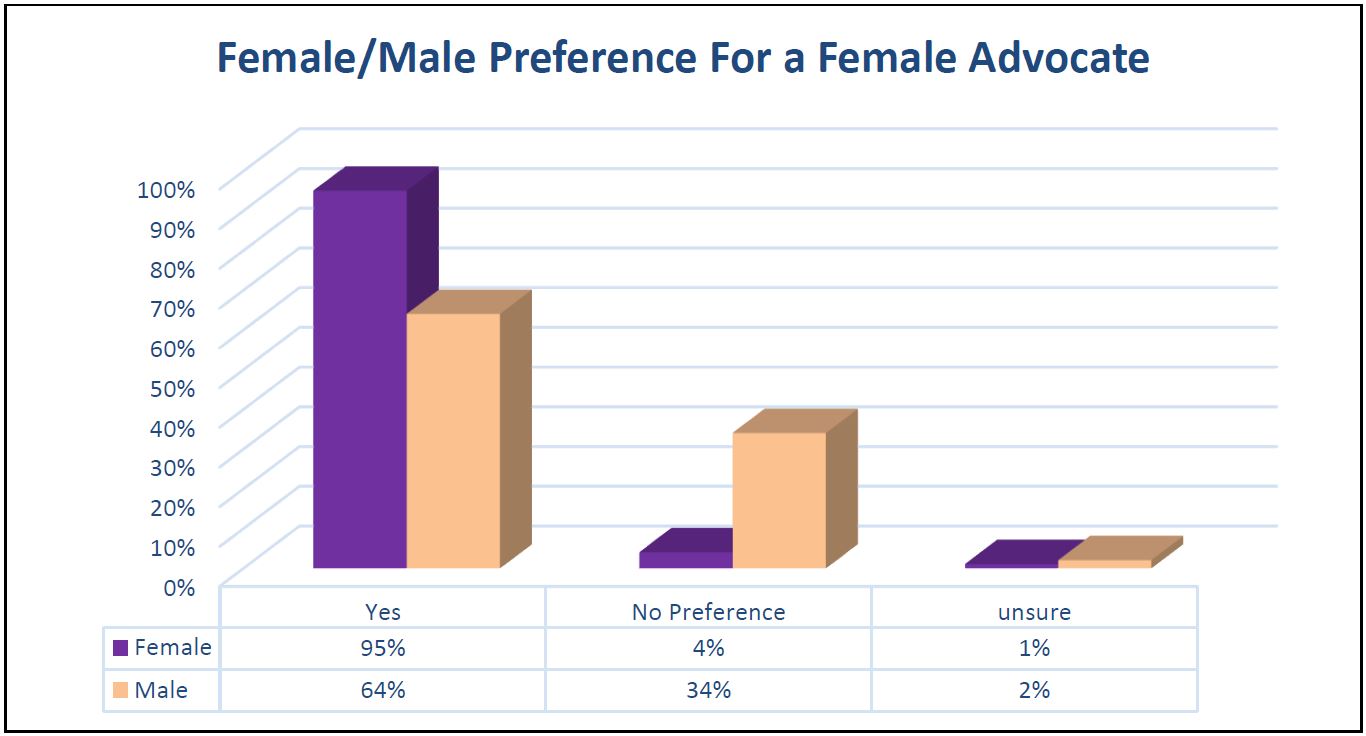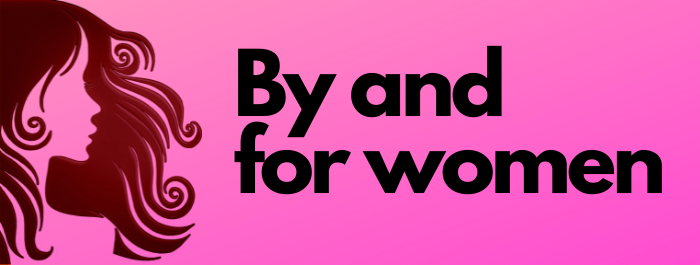“I don’t trust men; you were the first female I had spoken to in months as all other support offered to me had been men. They all said my behaviour was provocative and they couldn’t help if I didn’t open up.”
(Victim/Survivor of sexual violence, Aurora feedback data, 2022)
By Women for Women
For women’s history month we wanted to celebrate the ‘by and for women’ approach replicated across our sector, and we certainly aren’t unusual in providing female only staff and services in the anti-male violence movement. As referenced in our statement on our website the legacy of the ‘by and for women’ approach was a baton passed to us by second wave feminists of the 1960s and 1970s, whose activism resulted in the types of services we provide today.
We are, as always, grateful to our sisters at nia, who very kindly allowed us to replicate their prioritising women policy and have led the way more recently as a public voice for the retention of female only spaces and services for women who have been subjected to male violence.
Our work at Aurora is guided by the collective fight to end all forms of male violence against women and in doing this work we are unequivocal in our support of single sex spaces for female victims.
Legislation
The legislation that enables organisations like Aurora to provide female only staff and services is enshrined within the Equality Act 2010[1] (EA2010). Generally, the EA2010 does not allow for discrimination against any of the nine protected characteristics , however, there are exceptions in certain circumstances[2]. The relevant protections for women experiencing male violence remain within the protected characteristic of sex and involve the use of single sex exceptions which allow the protection of women-only spaces and staff:
- Schedule 3, part 7, paragraphs 26-28 of the Act state, “services can be provided to persons of one sex” if for example “a joint service for persons of both sexes would be less effective” and “this provision must be a proportionate means of achieving a legitimate aim”.[3]
- Additionally, in Schedule 9 Part 1 of the Equality Act (2010) organisations like Aurora are able to provide female-only staff, under the occupational requirements. Again, the test for the application of the requirement must be “a proportionate means of achieving a legitimate aim”.[4]
Research and Recommended Reading
There is a plethora of research to support the use of ‘by and for women’ support for female victims of male violence. Some of our recommendations include:
- Women’s Resource Centre – Why Women
- Women’s National Commission – Still We Rise
- Female Only Provision – Women and Girls Scotland
- Karen Ingala Smith – Trauma-Informed Services For Women
If you would like to download a pdf copy of this ‘By and for women’ Aurora Report, click here.
Methodology
This report utilises 687 responses from our qualitative evaluation surveys completed with victims and survivors in the past nine months. Although each service has different questions relating to funding outcomes and or service provision, every evaluation asks victims their preference or views of female only staff or service provision.
In all our one-to-one services we are open to anyone, no matter their sex, or how they identify. However, because the vast majority of our beneficiaries are female, we apply the occupational requirement in the Schedule 9 part 1 of the Equality Act[5] and employ only women for all services. We also run our Athena courses which are women only groups for victims and survivors, where we apply schedule 3 part 7 of the Equality Act[6] providing a woman only group space for victims and survivors.
The following data is measured through 629 responses from women (91%) and 56 from men (9%).
Headline findings
After experiencing domestic abuse, sexual violence, or stalking:
- 100% of victim/survivors accessing our Athena groups want them to remain within the ‘by and for women’ model.

Within our one-to-one advocacy and support services:
- 93% of all victims have a preference for a female member of staff;
- 6% of all victims said they had no preference on being supported by a female or male staff member;
- 1% of all victims stated they were unsure of their preference for sex of staff member;
- No victims stated they would prefer a male member of staff.

Broken down further between women and men the findings were as follows:
- 95% of all female victims prefer a female member of staff;
- 64% of all male victims prefer a female member of staff;
- 4% of female victims said they had no preference on being supported by a female or male staff member;
- 34% of male victims said they had no preference on being supported by a female or male member of staff;
- 1% of female victims said they were unsure;
- 2% of male victims said they were unsure.

Main Report Findings
First responses:
Victims reported a female being their first responder was important to them:
- I don’t think I would have spoken on the phone if it had been picked up by a male.
- Definitely a benefit that a female answered.
- Yes, I don’t think I would have spoken on the phone to a male because they don’t get it and, in my case, it is a male making my life hell.
- Yes, I was glad the advocate was a woman, at the time of incident the police and paramedics were all male and I felt scared as did not want men around me.
- I felt embarrassed calling in the first place as I did not know that I would be taken seriously… but I’m glad I did and was really pleased that I spoke with a female, I don’t think I would have been able to be honest and open if I was talking to a male.
- Yes, I preferred a woman, especially as all the Police that were here were male.
Trauma-Informed Services:
Trauma-informed services understand how violence and abuse impacts on the lives of those they are supporting and integrate this knowledge into every element of their service delivery. At Aurora, the values underpinning our services are as important to us as our service delivery. As an organisation whose core business is providing support to victims and survivors of domestic abuse, sexual violence, and stalking, we recognise the pervasiveness of male violence against women and the ways in which women can be left feeling invisible or disempowered in male-dominated settings. We are committed to consulting with victims and survivors routinely and to involving them in the co-design of our services. Our clients tell us that a mixed-sex environment would act as a barrier to them accessing support in the first place and feeling able to engage with that support in the longer-term. We would not be a truly trauma-informed service if we failed to listen to their feedback.
- I was really relieved to be supported by a female and would never have opened up to or felt comfortable with a male.
- Yes [wanted a female advocate], because a man was causing my pain, so really helped me talking to a woman.
- I wouldn’t have been able to talk to a man at all I would have felt too uncomfortable.
- Prefer talking to a female worker as I am very wary around men.
- I work in a very male-dominated environment, and despite being immensely close with my boss, who attended the trial with me, I would not have felt comfortable talking to a man about everything I discussed with [advocate]. I don’t think I would have been comfortable receiving support from AND if I were to work with a male staff member, especially considering my case was regarding sexual violence, in which the perpetrator was a male.
Many victims come to our services having been subjected to different forms of male violence throughout their lives. Their trust of men has been shattered from a very early age and working with men would be another layer of trauma for them:
- I find it difficult speaking to a male especially due to my history.
- I would definitely not want to talk to a male because I have had bad experiences with men in the past.
- I was raped when I was younger and so I couldn’t have spoken to a male and would have struggled with that.
- I would prefer to speak to a woman as they understand me more. As I had suffered from childhood sexual abuse it affected me and I would prefer to speak to a woman.
Self-Selecting out of service provision:
Some victims told us they would have self-selected out of our service provision if they were expected to work with a man:
- I would not have worked with the service if there had been a male working with me as due to my experiences being around men makes me uncomfortable and worried. I also feel that I would not listen to the advice of a male, even in a position of trust.
- I would have put the phone down if a man had answered. It is easier talking this sort of things over with a woman.
- I would not speak to a male as I have no trust, I wouldn’t have worked with you.
- “I wouldn’t have spoken to a man” [Victim explained because it is female vs male, she wouldn’t have spoken to a male about what another male has done to her].
Female Socialisation:
Women are socialised to be undemanding, apologetic and compliant. When a woman has been subjected to male violence the impact of the abuse means that she is even less likely to feel confident to speak up for herself and assert her needs and rights. Part of the work that Aurora undertakes with victims and survivors is to increase self-esteem and self-worth, sometimes that takes years. Amongst the feedback from victims, we noticed that some were even apologetic to us in their desire to have female only spaces and services. Some women also reported experiencing support from men in other services and not feeling happy or comfortable with it.
This provides us with evidence that although female services are a legal right, some women feel guilty and even apologetic for asserting that right. In our view this places the onus us as an organisation to offer ‘by and for women’ support at point of entry – rather than expect a women to have to ask for women only provision, at a point in their lives where they are in a heightened state of trauma, and their self-esteem is low.
- I am comfortable talking to men, but I kind of feel like the understanding is better with females, sorry… not to be sexist.
- Yes, I wouldn’t have felt as comfortable with a man. I would have felt really intimidated talking to man – not through any fault of them, and it might be bad to say, but I just feel better with women.
- Having a female member of staff was very beneficial as even when I was referred to a service to support me getting an injunction and occupation order, a male answered the phone and I felt he was dismissive and not as empathetic as a woman would have been. That felt very disheartening as he made me feel like my husband makes me feel which I found very difficult. Whereas having a female worker I have found it easier to talk as I do not associate them with my husband.
- I have a male social worker and find him difficult to work with as I feel that all men want to do is control me.
- I had previous negative experiences with men in other services, I felt like you listened and took your time with me.
Victims with no preference:
7% of victims overall stated they had no preference on the sex of their advocate.
- Wouldn’t mind who I spoke to.
- I would have felt comfortable either way.
However, within the data under no preference, victims still noted they were more comfortable with women:
- Personally, I don’t mind whether staff members are male or female, so long as they both act and go by the same mind set and morals. It doesn’t matter to me the sex of a person, just how they treat you as an individual. Personally, due to incidents in my past speaking to a female and approaching a female was maybe a little easier than a male but that is only because I tend to be nervous of men in general, but that is due to my personal circumstances.
- I was more comfortable speaking to a woman initially and was happy to have a woman to talk to, but I would probably feel ok with a man after a little while.
Victims recognised that even though they may not have a preference they understood that for others a female would be the preferred choice, especially depending on what issues they were presenting with or dealing with at the time:
- Personally, it would not have bothered me to have a male or a female member of staff, but I understand how other people would have benefitted from a woman.
- I can understand why women may feel comfortable talking to other women but for me I don’t feel it made a big difference.
- I prefer to speak to a female, but I am not too fussed for this case. However, for my previous case back in 2019 I would not have been comfortable if I had spoken to a male.
Victims who were unsure of their preference
Only 1% of victims said they were unsure of their preference of the sex of their advocate. But the findings were consistent with victims who stated they had no preference, with many reporting that they felt more comfortable with women:
- Unsure really, I like speaking to a female, but I would also have spoken to a male.
- Initially I would be anxious if I had been contacted by a man. However, after a while I think I would be ok with male contact once I started talking.
- Yes- might not have felt different talking to a man but I prefer a woman.
Male victims
Male victims are in the minority of our service users, but their feedback on this provision is important and valuable to note. 64% of male victims said they preferred a female advocate, 34% stated they had no preference and 2% said they were unsure:
- I feel it was beneficial having support from a female because I have been helped by her compassion.
- Yes, female is definitely preferred to a man for me. It’s been nice talking to you as if I were to speak to a man it wouldn’t be as comfortable, and it would be like we are talking from different boats but with you it’s like you know.
- Yes, I think I felt more comfortable talking to a woman – I find talking to women about emotional things a lot easier than if you were a male. I can see why people, even men would find it hard to open to a man, so I think it is better to have a female advocate just for this.
- 100% agree, I feel women are more sympathetic and understanding so I felt way more comfortable.
Athena – Women only Groups
100% of women accessing our groups wanted them to remain single sex. Their testimonies are powerful to acknowledge:
Conclusion
As a charity we are answerable to our beneficiaries. It is important that we co-design and deliver our services in response to their needs. The data gathered from our beneficiaries evidences full support of our ‘by and for women’ approach. The overwhelming majority of victim/survivors (92%) want a female advocate and 100% of victims accessing our women’s groups want to retain this as a female only provision.
Notably, the preference from male victims is to have a female advocate (64%), this may be for a number of reasons, as stated many of the men felt more able to open up about their experiences to women but it is also worth noting that the majority of our male clients have also been abused by men, both as children and as adults. Therefore, the perpetrator demographic largely remains the same, and their experiences of the trauma of being subjected to male violence remain similar to that of our female clients.
Perhaps some of the most valuable data comes from the victims who state they had no preference or were unsure about the need to have a female advocate (7%). Although many said they didn’t mind, the majority did note they felt more comfortable with women. Most helpfully a large number noted that although they had no preference, they recognised that many victims would have a preference, and a need, for a woman only environment. No victims stated they wanted a male advocate.
It is our beneficiaries who are asking for our ‘by and for women’ model, a number of women stated they would not have used our services at all if we did not provide them with a female only environment, this is entirely understandable given the trauma they have suffered through male violence. Crucially the small number of victims who had no preference would not seek to prevent the right and need for a female only space for the many victims and survivors who do have that preference.
Report Compiled by
CEO – Aurora New Dawn
March 2022
If you would like to support the Aurora New Dawn charity and you are able to donate you can do so here:
If you would like to support our female only group work and you are able to donate you can do so here:
Next step…
Do you want to get in touch with us?
Want to help us raise awareness?
Want to donate to our cause? 💜
